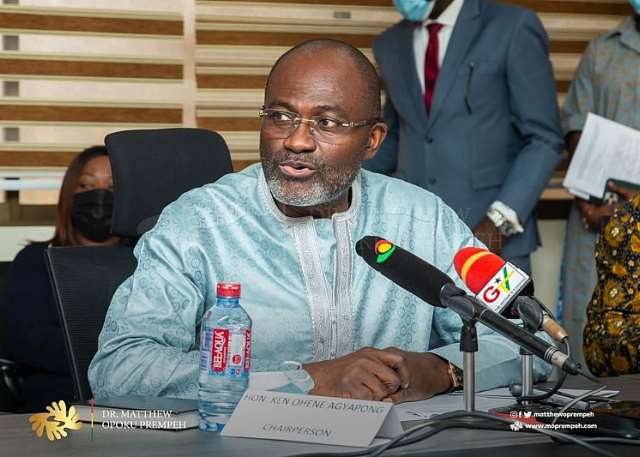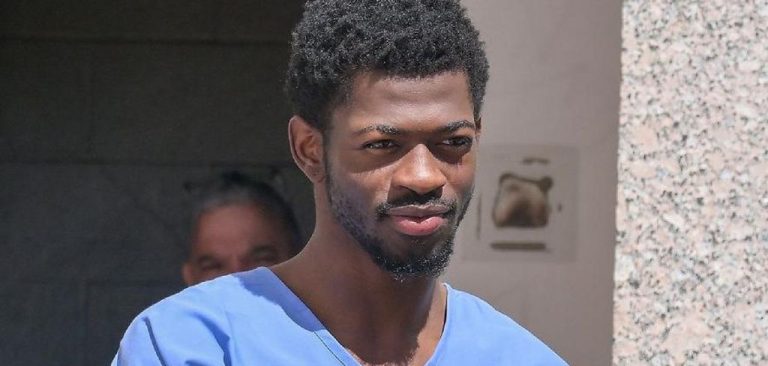Prominent Ghanaian politician and Member of Parliament Ken Agyapong has responded to recent public backlash following statements he made that sparked heated debates across various platforms.
Known for his outspoken nature, Agyapong clarified his stance at a press conference, addressing concerns that his comments could be seen as inflammatory.
The controversy erupted after his remarks at a public event, where some critics accused him of making statements that could fuel division.
With his reputation for candid and unfiltered opinions, his words carried significant weight, triggering a flood of mixed reactions from both supporters and detractors.
During the press conference, Agyapong explained that his intentions were never to offend but to highlight important national issues.
While acknowledging that his words may not sit well with everyone, he maintained that he speaks his mind and will not shy away from the truth. Despite the backlash, he emphasized that his priority is to address critical issues facing the country and advocate for progress.
Public reactions have been divided. Many of his supporters have praised him for his honesty, applauding his fearless approach to political discourse.
They see him as one of the few politicians who dares to speak openly, regardless of the consequences. However, his critics argue that his tone and choice of words often create unnecessary tension and could damage national unity. Some have urged him to be more measured in his public statements, emphasizing the need for leaders to promote peace and cohesion.
Agyapong acknowledged the differing opinions and expressed a willingness to engage with those who disagree with him.
He announced plans for nationwide engagements, including town hall meetings, to interact directly with citizens and discuss key concerns affecting their lives. His goal, he said, is to foster dialogue and better understand the perspectives of the people he represents.
Beyond addressing the controversy, Agyapong also touched on broader national issues such as governance, economic challenges, and the need for political leaders to prioritize the welfare of Ghanaians.
He stressed that unity is crucial in tackling the country’s challenges and called for a collective effort in nation-building.
As political debates in Ghana continue to intensify, Agyapong’s response to this controversy highlights the delicate balance between free speech and responsible leadership. While he remains steadfast in his views, his willingness to engage in discussions with opposing voices signals an effort to bridge divides and promote meaningful dialogue.
With upcoming public engagements on his agenda, all eyes will be on how Agyapong navigates these conversations and whether his approach will ease tensions or further ignite discussions on political rhetoric and its impact on the nation.


